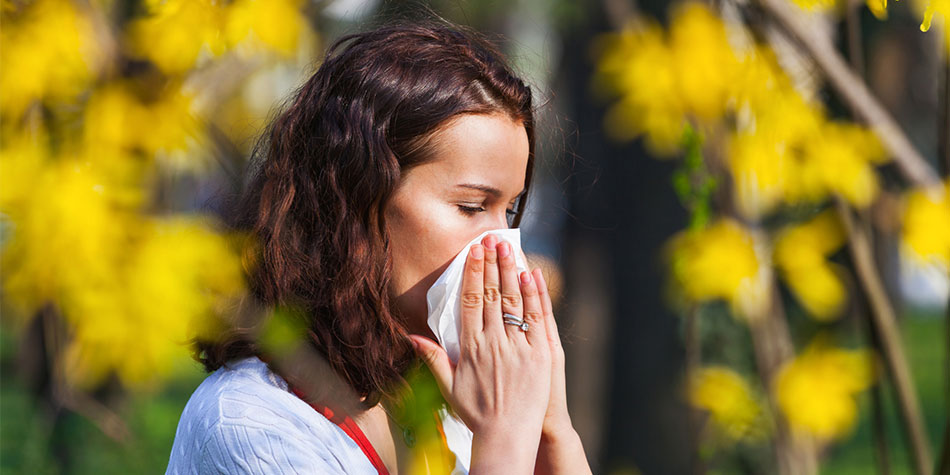
As the seasons change, so do allergy symptoms for millions of people. Sneezing, congestion, itchy eyes, and fatigue are common signs that pollen levels are on the rise. At Colleton Medical Center, we understand how disruptive allergies can be, but with the right strategies, you can manage your symptoms and enjoy the season. Here’s how you can take control of your allergies and minimize the impact of pollen on your daily life.
1. Stay Informed: Monitor Pollen Counts
One of the best ways to manage allergies is to stay ahead of pollen levels. Weather apps and websites provide daily pollen forecasts, helping you plan outdoor activities. When counts are high, consider staying indoors, especially in the morning when pollen is at its peak. If you do need to go outside, wearing sunglasses and a mask can help reduce exposure.
2. Minimize Outdoor Pollen Exposure
Pollen can easily stick to your clothes, skin, and hair. To reduce exposure:
- Change clothes and shower after spending time outdoors.
- Keep windows and doors closed at home and in the car.
- Use air conditioning with HEPA filters to help trap allergens.
- Avoid drying clothes outside, as pollen can cling to fabrics.
3. Use Allergy Medications Wisely
Over-the-counter antihistamines, decongestants, and nasal sprays can help manage allergy symptoms. For more persistent symptoms, a healthcare provider may recommend stronger prescription options or allergy shots. If you’re unsure which treatment is right for you, Colleton Medical Center and our HCA Healthcare partners can help you find the best approach for relief.
4. Try Natural Remedies for Extra Relief
In addition to medications, certain natural remedies may help ease symptoms:
- Saline nasal rinses can flush out allergens from your nasal passages.
- Local honey (though not scientifically proven) is thought by some to help build pollen immunity.
- Hydration helps thin mucus and reduces congestion.
- Anti-inflammatory foods like ginger and turmeric may help support immune function.
5. Take Steps to Improve Indoor Air Quality
Because allergens can follow you indoors, taking measures to improve air quality is key:
- Use an air purifier to filter out pollen and dust.
- Vacuum frequently with a HEPA-filter vacuum.
- Wash bedding and pillowcases regularly to remove allergens.
When to See a Doctor
If your allergy symptoms are persistent or worsening despite taking precautions, it may be time to seek medical advice. Allergy testing can help identify specific triggers, and an allergist can provide targeted treatment options to help you manage symptoms effectively.
At Colleton Medical Center, we’re committed to helping patients find relief from seasonal allergies. Whether you need guidance on medications or a specialized allergy treatment plan, our healthcare providers are here to help. Schedule an appointment today and take the first step toward breathing easier this allergy season.